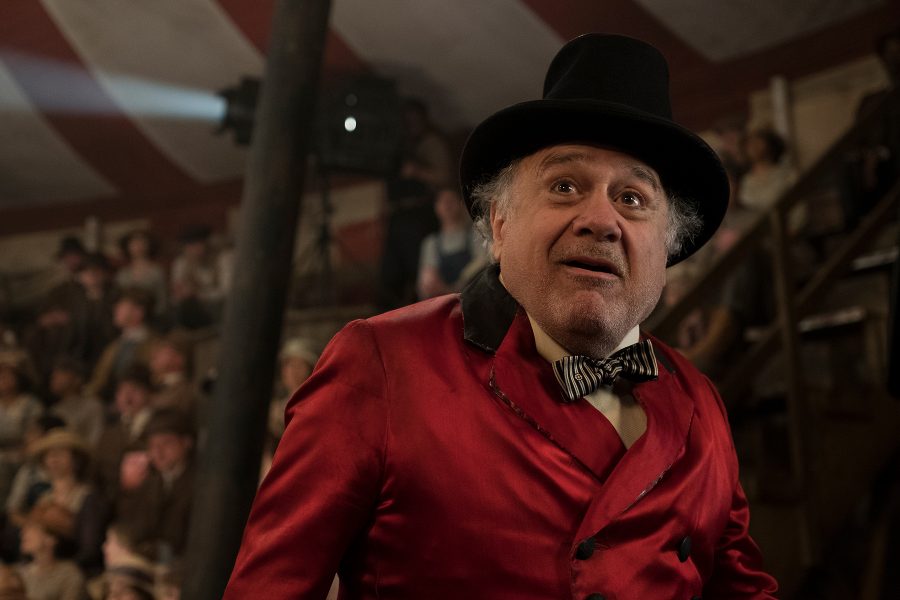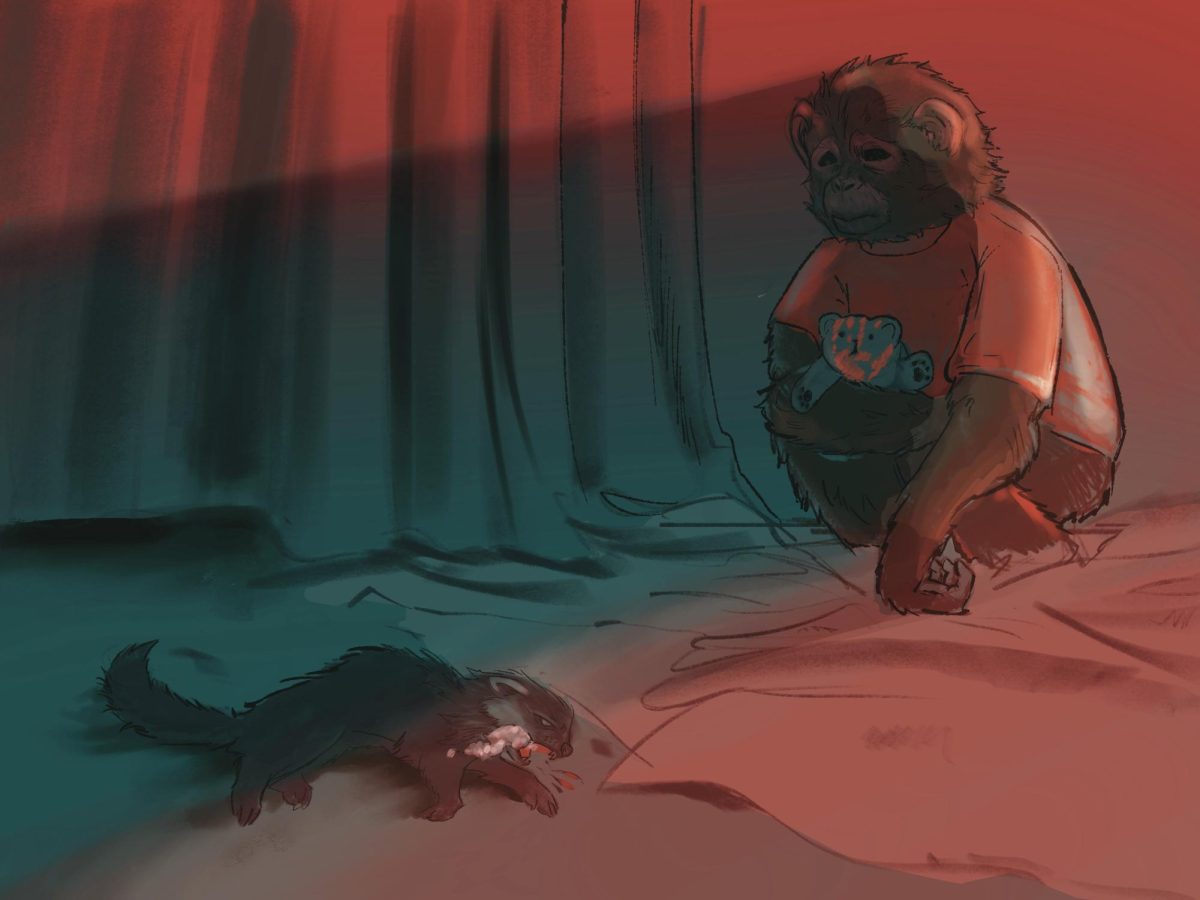It’s no use complaining about Disney’s live-action remakes; it seems they’re here to stay. With movies like Cinderella, The Jungle Book, Pete’s Dragon, A Wrinkle in Time, Beauty and the Beast and Christopher Robin, Walt Disney Studios has been reaching back through its catalog of films and making them over again under the helm of acclaimed directors. This year, Disney is releasing live-action remakes of Aladdin and The Lion King, the trailer of the latter garnering over 60 million views on Disney’s YouTube channel.
The latest Disney remake, Dumbo, like so many other remakes, cannot exist on its own, connected as it is to the original film, released in 1941. Directed by Tim Burton, the 2019 Dumbo repeatedly reminds viewers of its inspiration — the circus’ train resembles Casey Jr. of the original, elephants go on parade and “Baby Mine,” a comforting lullaby, is sung — and, as has been the case with past Disney remakes, these references raise the question of why the movie itself exists.
The 1941 Dumbo had an episodic story told over little more than an hour. For its big, spectacle-filled revision, details of the story are shifted and surrounded by a family drama of sorts. Colin Farrell plays Holt Farrier, a World War I veteran returning home to the circus where he found fame as a horse rider with his late wife, and to his two children, Milly and Joe. Milly is interested in science, and Joe is trying to discover if he has a talent.
As in 1941, in Dumbo, the elephant Mrs. Jumbo has a baby — delivered via stork — with enormous ears. When brought out of the traditional 2D animation to CGI, the ears are notably less cute; the gray, leathery things unceremoniously drape over the young elephant Dumbo when he is first seen. Milly and Joe realize that Dumbo is able to use these ears to fly and use the flying elephant as a circus act beyond belief — one newspaper in the film reports the story with the caveat, “Our reporter attests.”
While the update tightens up the story into a single unit, it also adds a lot more unnecessary slack. The story of the Farrier family is one that’s been heard before — ironically enough, in this retelling — and it adds little to the story. Dumbo doesn’t speak, but the words of comfort the family offers him fall flat.
The story’s focus is split, but the family is not fleshed out enough to become meaningful enough as a distraction from the story of the flying elephant.
That story, focusing on the wonder and magic of seeing something that could never be, is where the movie really hits the right spots. In his partnership with composer Danny Elfman, Burton is incredibly skilled at creating a sense of the cinematic. Dumbo soars, and the amazement of the crowd is felt. Elfman’s score is grand and bombastic and feels like a return to childhood and a belief in the impossible. For all its redundancies and flaws, Dumbo is at its greatest when its hero takes flight.
One surprising thing about the live-action remake is how two-dimensional its characters tend to be; first impressions are generally enough to grasp who characters are. The circus features a cast of characters who stick to one or two characteristics apiece. The villainous characters are evil in a cartoonish way, acting against their own best interests just so they can be mean.
Even as most characters are forgettable, Danny DeVito shines as Max Medici, manager and ringmaster of a dilapidated circus. He unconvincingly plays the business-first character but soon shifts into a figure of sweetness who steals every scene he’s in. His recurring joke with strongman Rongo about the multiple jobs held by circus performers — Rongo balances books and plays percussion, among other tasks — is a fun gag.
There’s no need for this film to exist — a statement that can be repeated for many of the remakes and likely will be as Disney continues to cash in on its popular titles — but when it works, Dumbo transcends the deserved cynicism of its position. For those who would go to any Disney movie with a recognizable title, the journey will be enjoyable.








